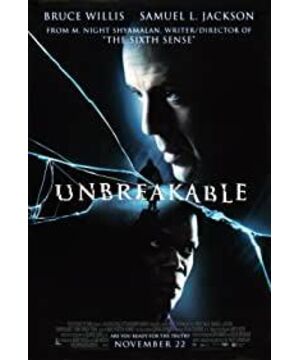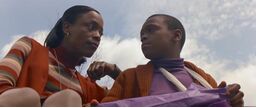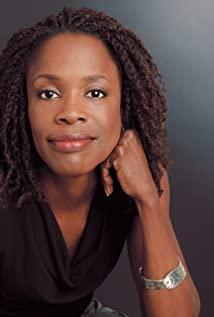Fetish split and survival anxiety are both causal and inward and outward, and the former is more closely related to "projection" and "gaze" after being re-evoked and explained by Zizek in recent days. It is worth noting that the writing of survival anxiety in this film is also based on the expression of "viewpoint".
Although the film did not start with David, the opening of the film that was originally ritualized and endowed with a certain kind of unstable energy, and the train scene with information and events have more formal opening meaning.
Let us recall two iconic behaviors of David in the train scene. One is that a beautiful woman sits beside him and quickly takes off the ring, and the other is that when he looks at the child in front of him through the gap in the seat, the child looks upside down and looks awkward. . If the act of picking the ring is a kind of self-betrayal (we will see that David used to be obsessed with marriage later) and a vague identity recognition, then the curious lens as David's subjectiveness just explains the chaos and instability in David's heart. When the son comes out on the stage, his viewpoint lens shows an inverted and abnormal world (an inverted TV). If we regard the relationship between this group of characters and the viewpoint as a kind of fable: the father passively sees something Wonders, the son is actively creating (or trying to create) the wonders. Therefore, we found that those who secretly weighted the barbell and pointed the gun at the father were all sons who were in the same survival anxiety (the son felt not like his father) in the Oedipus triangle and still lived in the imaginary world.
Morning supplement on the 31st
Eli’s fetish split is separated from the director’s intentional or unintentional abstract narrative, which appears to be more pure and reveals himself. Eli’s first contact with comics provides at least two other layers of information for introducing comics into the narrative line. The first is Eli. Seeing the abnormality of his bones as an injustice and trying to find a reasonable explanation, followed by the incomplete structure of Eli’s family (forgetting whether there was a fatherlessness at the beginning), and the Oedipus triangle relationship between Iran and Iraq. Lay's lack of the usual projected object (father) also more or less circumstantial proof of the rationality of the dualistic narrative of the typical empathy comics. Putting aside the nonsense, the comics provide an effective distance between Eli and the current reality (Zizek). Being immersed in the comic narrative allows Eli to be sure that there is someone who can replace his mother somewhere and continue to prove his own existence. The projected object of meaning (the meaning of defects), Eli must have enough fetishness for comics to generate his desire to try to explain his own defects. On the other hand, it also explains Eli’s existence as a "big devil": in the narrative of comics. The devil "is often the role that really pushes the narrative to proceed and end.
2. Let’s review Mr. Lancière.
"Gazing always means externality...covering the self... Gazing is a process of self-loss."
Eli struggled with a certain existence that could prove himself, but chose The method is rooted in abandoning oneself and burying the truth by looking at the comic narrative (disorderly, nihility).
3. Eli's shots looking out of the window are easily associated with Deleuze's comments on "Rear Window". The
peeping point emphasizes his own passivity and incompetence (an anxiety
4. There are several inductive shots in the film, which make people I almost believed that Eli was really harmless to humans and animals. When
Eli chased the man in the camouflage jacket to the subway station, the camera quickly opened.
The description that may appear in the pull-sheet notes "the scene becomes bigger and smaller, the character is in a dilemma", Is it very similar to what Astruc said in some specific scenes of Cohen's "Mirror Abyss" ("They plunge the central character into a bottomless abyss. In the end it almost becomes a kind of game"
5. There is also a lot of sharing with "Dress in the Water" Key words
Both stories are based on some kind of narrative mythology, the legend of the water monster in "Water" and the heroic manga in "No"; the characters share the same survival anxiety (I guess Shamaran may take herself seriously; everyone All are forced to join the narrative and voluntarily play a functional role. There are many specific images in "Water" and David in "No", and in the process, there will be unconfident doubts or confusion. In "Water" The confusion between the interpreter and the guard, and David’s fear of water.
Probably so much, let’s talk about it after thinking about it
View more about Unbreakable reviews











